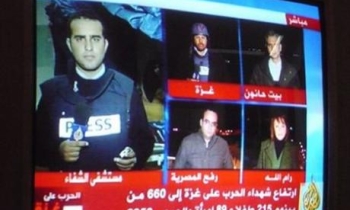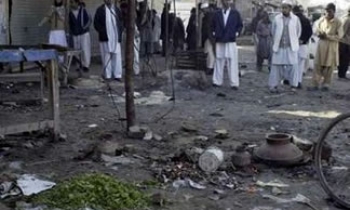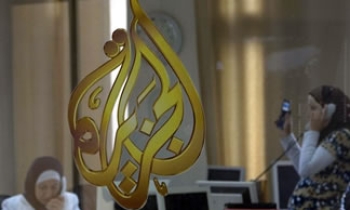Why haven't Muslims in Canada taken to the streets in large numbers to protest against cartoons of the Prophet Mohammed? It's not because everyone in Canada is so nice to each other, say Canadian Muslim leaders and Islamic scholars. It's because Canada's multiculturalism is complex.
They say Muslim immigration into Canada has been different. So has Muslim integration into Canadian society. And so has the political action of Canadian Muslim organizations around the highly sensitive issue of Islamic religious fundamentalism.
The difference is illustrated by events in France in 2004 and Canada in 2005, said Tarek Fatah, a leader of the Muslim Canadian Congress.
In France, few if any representative voices within the French Muslim community were heard in the news media speaking in favour of a law banning conspicuous religious symbols, such as the traditional Muslim head scarf, in public schools.
This was the case even though a significant percentage of French Muslims had no problem accepting the law within the cultural context of French secular society.
The powerful Muslim opposition that was heard, Mr. Fatah said, came from "the mosque structure" but "the mobilization of moderate Muslim voices never happened."
In contrast, in Canada in 2005, the news media pointedly reported that the most vociferous opposition to an Ontario law permitting Islamic religious tribunals to arbitrate family and marital disputes came from Muslim organizations themselves.
In Mr. Fatah's view, the mainstream Muslim community in Canada has recognized the need to take what he calls "ownership of the word Muslim." It has become actively involved in Canadian political life and not marginalized as is the case in many Western countries.
"It's a shift, for Canadian Muslims, that has not happened anywhere else."
Mohamed Elmasry, president of the Canadian Islamic Congress, said violent demonstrations simply aren't a fit with the Canadian Muslim community -- which, because of Canada's immigration requirements, he said, is the most highly educated Muslim community in the world.
"They would find legal and peaceful means of protest far more productive," said the imam and professor at the University of Waterloo. "With demonstrations, you cannot have full control over who does what."
His organization, the largest Muslim umbrella group in Canada, has actively discouraged demonstrations over the cartoons and has spoken publicly against the violent protests -- as has the Muslim Canadian Congress.
Earle Waugh, a University of Alberta Islamic scholar, said most Muslim immigrants to Canada do not feel sidelined, a factor significantly fuelling the protests in European countries.
"There is no sympathy within the Canadian Muslim community for a radical approach," he said. "No sympathy for the fundamentalists."
Canada has had no legacy of Muslim colonies like that of the British and French, and no history of migrant Muslim guest workers like that of Germany.









